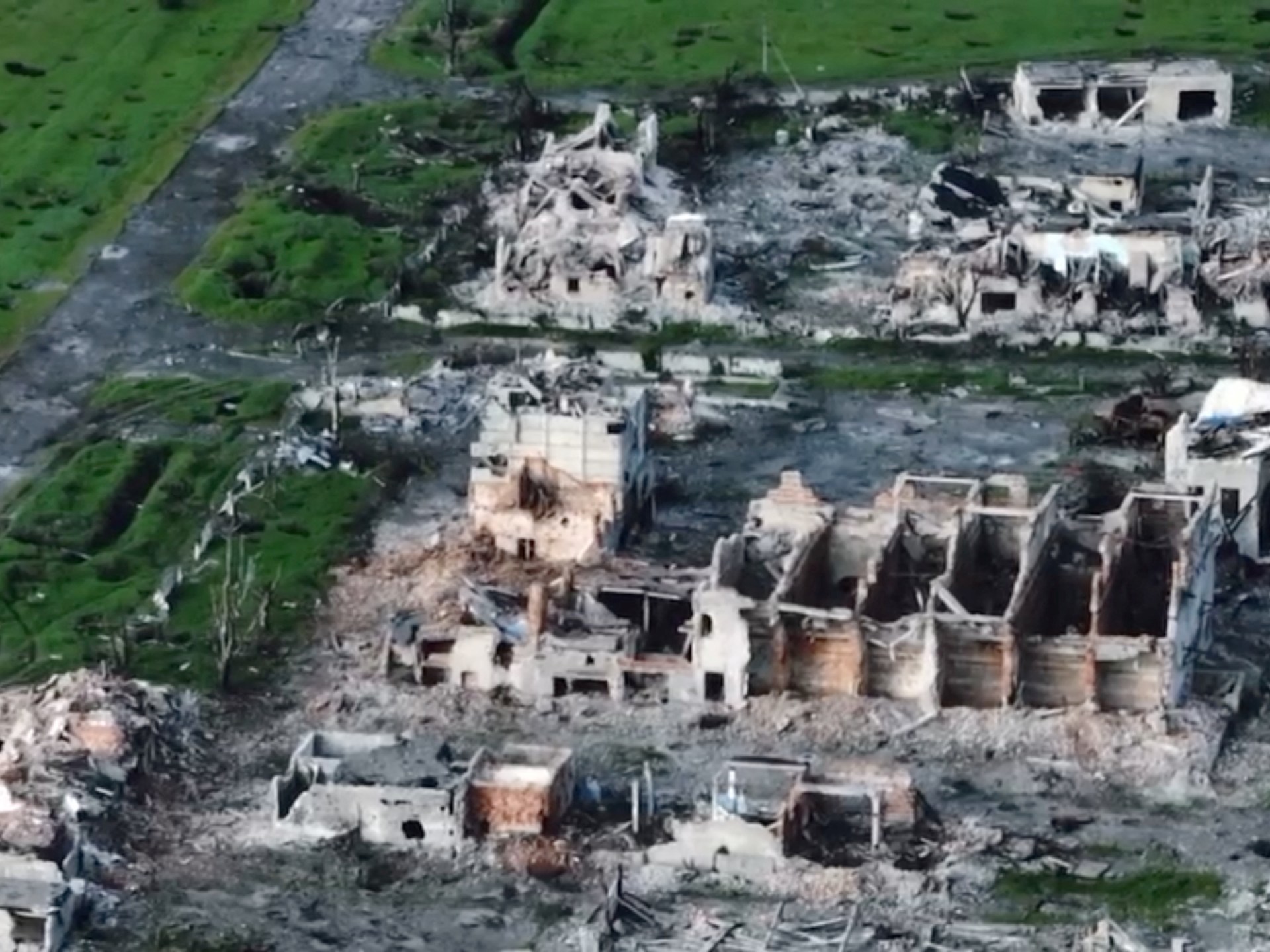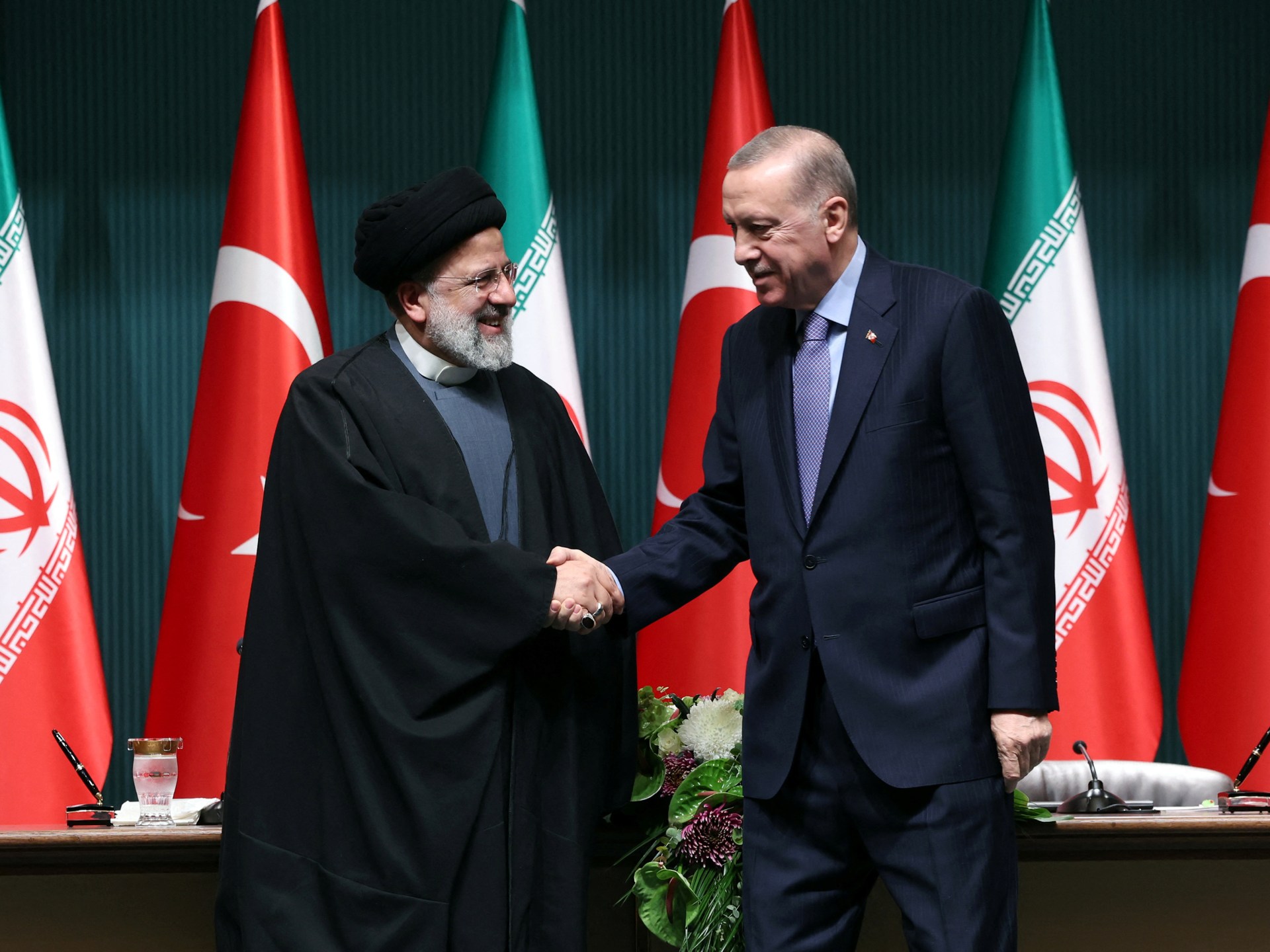Severe funding shortfalls could leave 200,000 Palestinians hungry — Global Issues
Unless donors meet the gap, 60 per cent of the people the agency assists in the Occupied Palestinian Territories will no longer be receiving food assistance in June, the World Food Programme (WFP) announced, adding that by August, the agency will be forced to completely suspend operations in the West Bank and Gaza.
“Desperate times call for desperate measures,” said Samer Abdeljaber, WFP Representative and Country Director in Palestine.
“We have no option but to stretch the limited resources we have to ensure that the needs of the most vulnerable families are met. They will go hungry without food assistance.”
In May, the funding crunch forced WFP to reduce the value of its cash assistance by around 20 per cent, to $10.30 per person.
‘Difficult choices’
The agency urgently needs $51 million to maintain its life-saving assistance in occupied territories, until the end of the year.
“These are difficult choices, but we have already exhausted all options to stretch the funding that we have,” Mr. Abdeljaber said. “We are grateful for the constant support that we received from donors over the years, but needs are growing, and resources are not meeting these needs.”
‘Pushed to the limits’
Vulnerable families in Gaza and the West Bank have been “pushed to the limits” by the combined effects of growing insecurity, a deteriorating economy, and the rising cost of living that is driving food insecurity up, WFP said.
Due to the steep rise in food prices and the constant instability, even the most basic needs have become unattainable leaving 1.84 million Palestinians – 35 per cent of the population – food insecure.
The situation is particularly dire in Gaza, where unemployment rates stand at 45.3 per cent and two out of every three people “struggle to afford to put food on the table”, WFP said.
“This past year has been a nightmare for thousands of poorer Palestinian families who have been pushed to their absolute limit,” Mr. Abdeljaber said. “The average cost of a family’s food needs increased by 20 per cent. For Palestinians with low purchasing power, every percentage point increase in prices leaves them unable to meet the most basic food needs.”
WFP’s assistance accounts for an average of nearly half what people spend on food, with monthly assistance, including $3 million injected into the Palestinian economy through such programmes as electronic cash transfers that allow people to buy wheat flour, vegetable oil, and frozen meat.
The loss of assistance will also take its toll on the fragile local economy impacting a network of 300 local shops contracted by WFP across Palestine, the agency said.
“We urge government donors and the private sector to continue their support to WFP during this difficult time,” he said. “Continued donor support has allowed us to provide a lifeline to Palestinians as well as build sustainable food solutions in Palestine. We need now, more than ever, to ensure that work does not stop.”
WFP
The World Food Programme helps Palestinian mothers raise healthy children in the middle of poverty and hardship.
Human rights at risk
The UN Human Right Office spokesperson Jeremy Laurence raised the alarm on Thursday following the recent escalation of hostilities in Gaza this week, with Israeli Defence Forces (IDF) airstrikes killing at least 12 civilians, including women and children.
Since 9 May, a total of 25 Palestinians, including six children and four women, have been killed and dozens injured in Gaza, according to data verified by the UN. At least three senior members of the militant Palestinian Islamic Jihad (PIJ) were among those killed.
“Buildings that the IDF struck reportedly included residential apartments,” he said, further raising concerns about whether the attacks complied with the principles of distinction and proportionality and whether Israel took sufficient precautions to avoid the loss of civilian life, injury to civilians, and damage to civilian objects.
According to news reports, Palestinian militants in Gaza on Wednesday fired more than 460 rockets into Israel, in response to Tuesday’s airstrikes, prompting the UN Secretary-General to issue a call for maximum restraint, by all sides, and an end to civilian deaths.
Mr. Laurence of OHCHR, urged all parties to take measures to de-escalate, and conduct prompt and transparent investigation into all killings, especially of civilians,” he said.
Escalating security concerns
The Secretary-General continued to follow with grave concern the dangerous escalation in Gaza and Israel, UN spokesperson Stéphane Dujarric said on Thursday afternoon.
“The Secretary-General calls on all sides to avoid further escalation and to end the hostilities,” he said. “It’s clear that the continued escalation of hostilities in Gaza only deepens civilian suffering and increases the risk the number of casualties both in Gaza and Israel.”
The UN chief’s Special Coordinator, Tor Wennesland, remained on the ground, actively engaged with all concerned in an attempt to restore calm, Mr. Dujarric said.
He said the ongoing hostilities are also obviously having a negative impact on an already difficult humanitarian situation in Gaza, with Israeli crossings with Gaza now closed for the third consecutive day.
Fuel reserves are being quickly depleted, forcing the Gaza Power Plant, which relies on regular imports of fuel from Israel, to reduce its operations, and other vital items also need to enter Gaza immediately, including food and medical supplies, he added.
The UN relief agency that supports Palestinian refugees (UNRWA) has continued essential activities, including food distribution and health and sanitation services, but agency-run schools remain closed, he said.
Learn more about what WFP is doing to help Palestinians here and how UNWRA is helping here.
Check out our Latest News and Follow us at Facebook
Original Source






